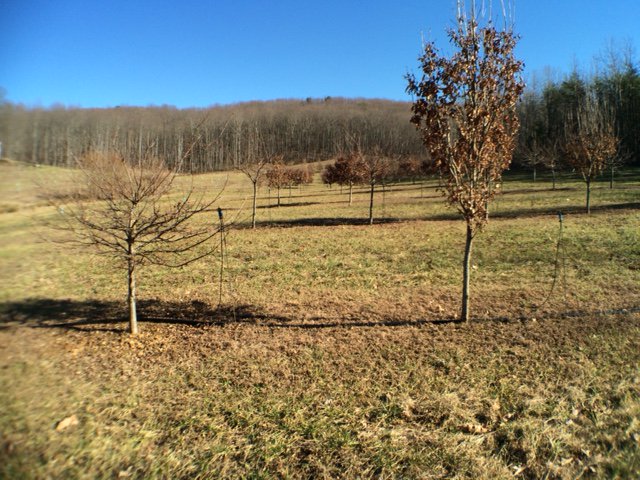
Quercus robur in a truffle farm in Virginia
Just landed back from the States. I really had a great time at the NATGA annual conference and I would like from this Blog to thank the organizers to bring me there. I got amazed how many of you followed these posts. So thanks again!
I had the chance to travel in both coasts and to visit 8 farms, and again like in most of my truffle trips overseas I notice that Quercus robur is one of the most used host trees for black truffle and I still wonder why. We have never used it in any of our truffle tree nurseries in any country, at least for black truffle. This oak grows pretty fast, too fast! and probably this is one of the main reasons why it gets contaminated so easily with other ectomycorrhizal fungi. Besides it, unless you are in a really hot area and you may need a closed canopy, to prune this oak and keep it “controlled” is a hard task. Moreover I have seen it in quite high tree densities, so even harder to keep enough sunlight for black truffle.
North Carolina is 2 degrees celsius over the higher natural temperatures where Tuber melanosporum grows naturally, this is 23,5ºC in the warmest month , so black truffle may enjoy a little more shade over there than usual. Brûles, as they´ll develop to the south looking for sun or north of the tree trunk looking for shade, will probably indicate us what truffle do prefer…
You may know there are several varieties or cultivars of Quercus robur, maybe the best that fits for a black truffle orchard due to its natural shape could be the one on the right of the top picture: Quercus robur ‘Fastigiata’ or “Cypress Oak”, on the left of the pic a”normal” robur shape.
Nevertheless, english oak could be a great host tree for the burgundy truffle, as we search for a close canopy asap, combined with other trees like beeches.
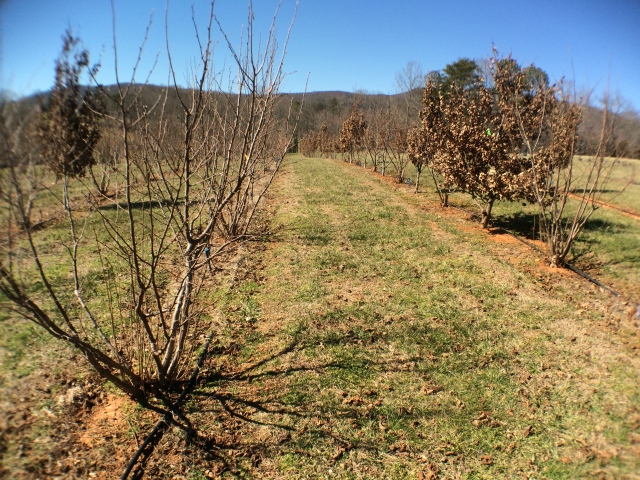
One of the main problems I saw on North Carolina and Virginia were soils with high tendency to compact in areas with too much rain in summer months. To rip and improve drainage is a must in some of them to avoid rotten truffles.
I enjoy propane burning to control weeds, if you are careful enough to avoid burning the irrigation pipes 🙂

a big hug!
Marcos S. Morcillo










































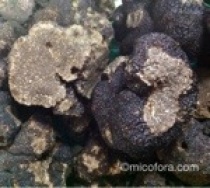








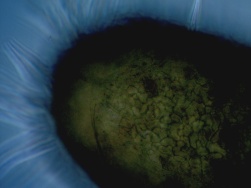












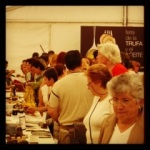



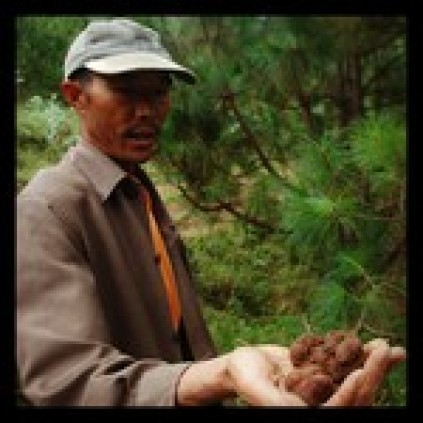


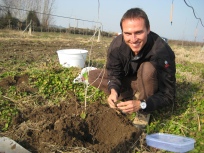






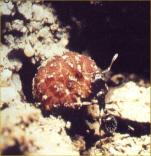


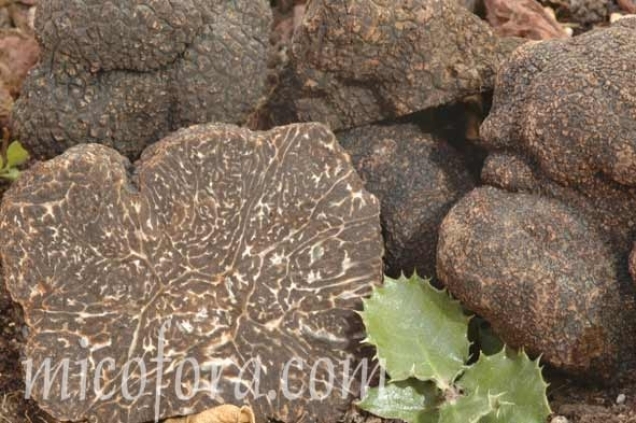
Big hug accepted.
Quercus Robur gained a foothold in Australia due to the easy availability of tree stock, but it is seen less and less as the best host for tuber melanosporum. Quercus Ilex and hazelnuts would be the predominant types now. Quercus Pubescens should be better than Robur, being smaller overall. In hindsight, I would not bother with Robur – we have 50:50 Ilex and Robur and after 9 years the Robur’s have not kicked in yet and many of the Ilex have been producing since year 5.
I agree, several truffle growers in other countries are removing their robur to replant better host trees. We don´t even talk about robur in our latest book.
cheers
Marcos
We planted several thousand trees in the southern region of Western Australia using Portuguese Oak. We found its acorns easy to germinate. A local tree nursery lists it as:
Quercus lusitanica or Quercus faginea
Up to 20m * The most commonly planted Oak in the south-west of WA although it is frequently mistaken for English Oak—the main difference being its more semi-evergreen nature and extra vigour thanks to its natural suitability to our Mediterranean climate. This spreading tree colours up in late winter is an excellent fire retardant. Good shade and greatly spreading, hardy and persistent tree suitable to almost any site.
Interesting to see Marcos burning weeds – presumably because he supports the view that continuous use of glyphosate is detrimental to truffle formation?
Hope you both have a great 2017.
Thanks Kane for your comments.
Quercus faginea is a good host tree for black truffle. This is one of the main natural trees in Spain for melanosporum plus a latest research showed that produce truffles with the best aroma:
https://www.researchgate.net/publication/310473742_Does_the_host_tree_exert_any_influence_on_the_aromatic_composition_of_the_black_truffle_Tuber_melanosporum_T_melanosporum_black_truffle_host_tree?platform=hootsuite
cheers
Happy New year!
Marcos